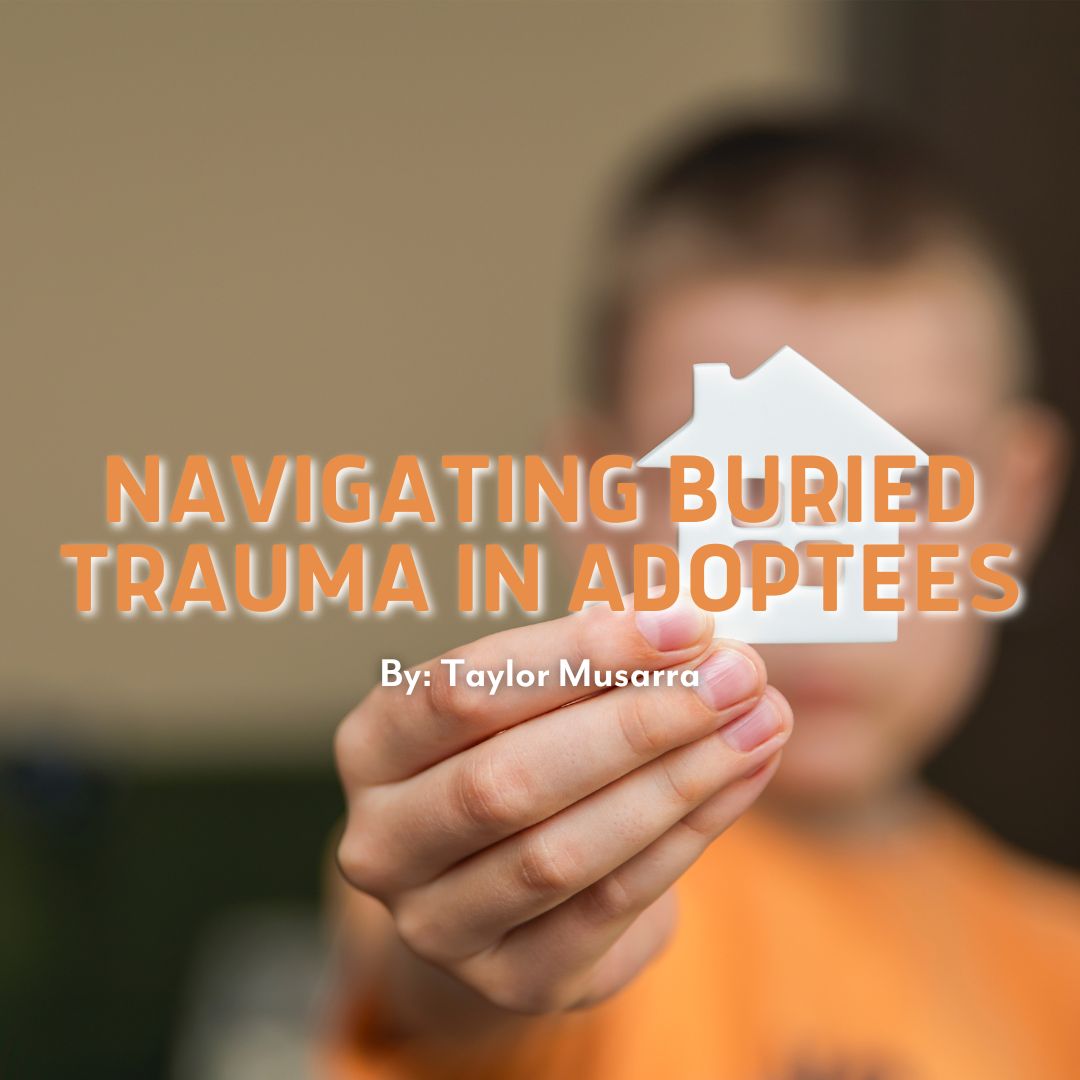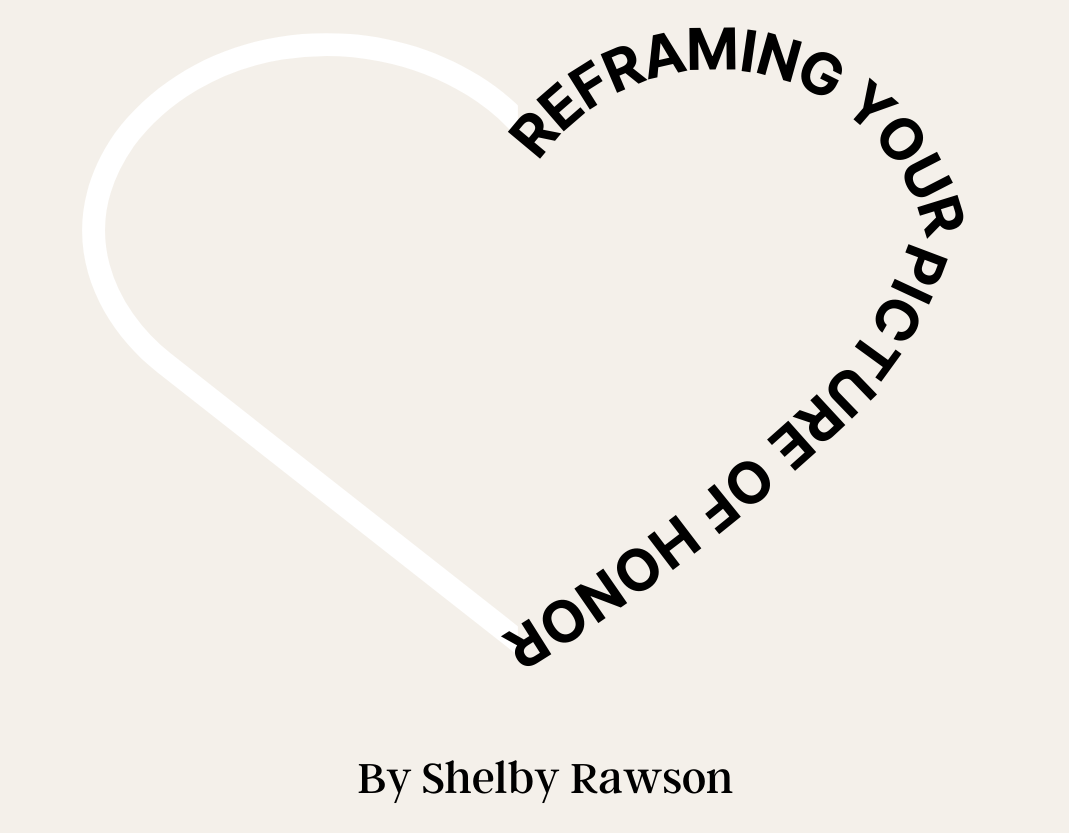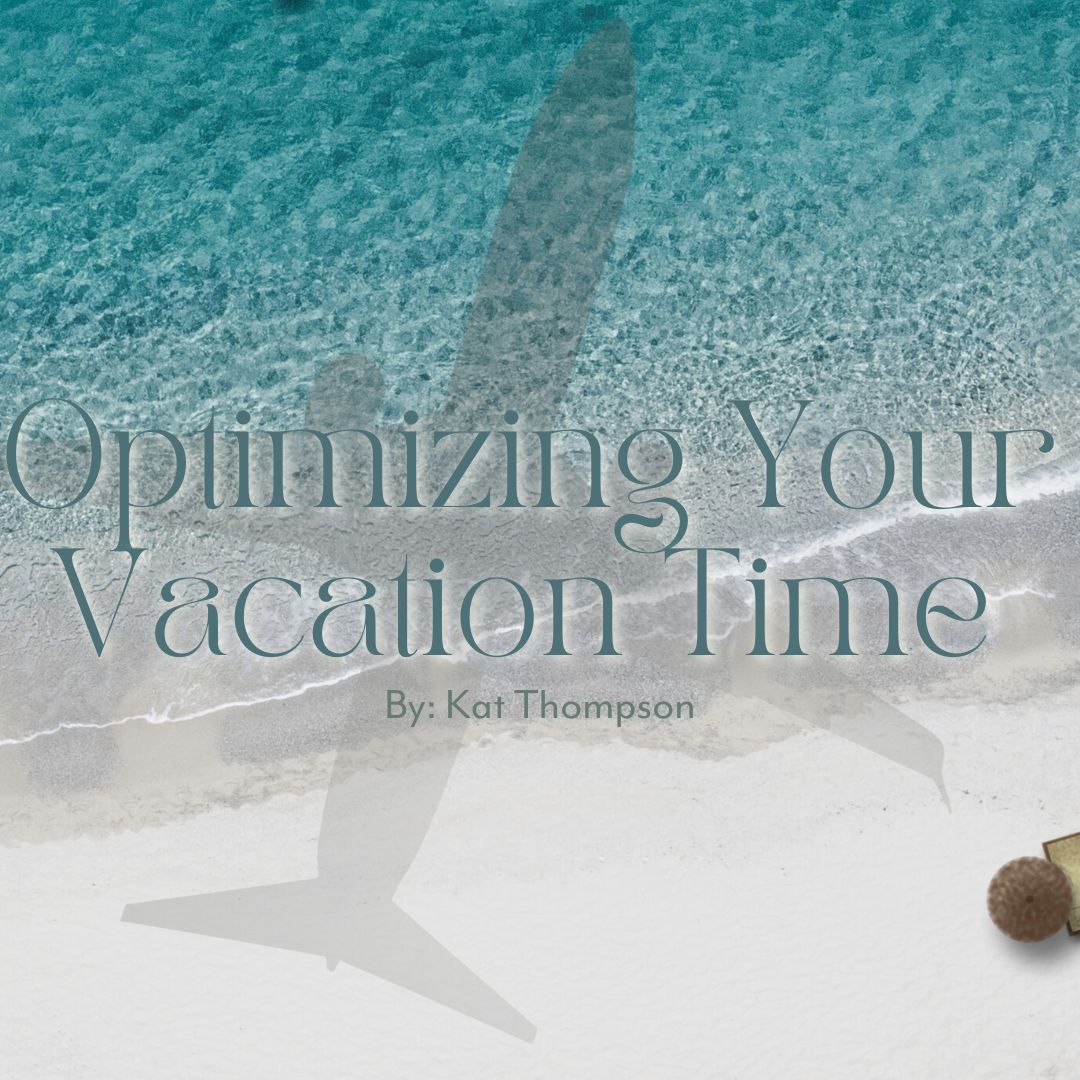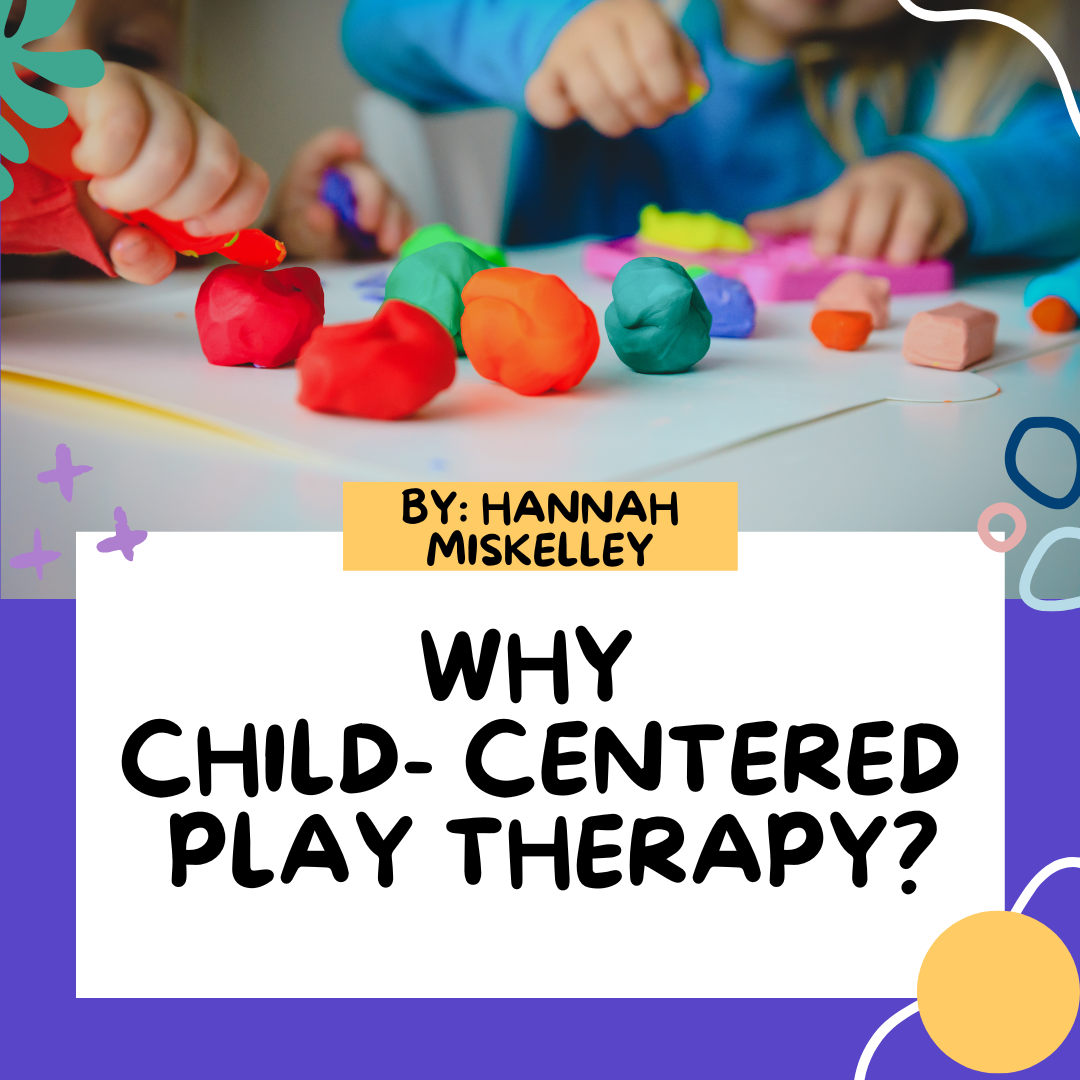“Trauma hides who we are like a cloud blocking out the sun.
It doesn’t diminish our radiant brilliance.”
– Simon Benn
Adoption can be defined as “The action or fact of legally taking another’s child and bringing it up as one’s own, or the fact of being adopted.” Adoption can also mean, “To take by choice into a relationship.” These definitions for the most part offer the same meaning; however, they have different tones. One definition seems more rigid than the other. Each definition holds a special meaning, and one definition can impact each individual differently.
Adoption can be seen as a beautiful experience. As a parent, it may feel like such a core moment as you welcome your home to a parentless child. However, adoption is not always those precious moments. Adoption can be filled with trauma, grief, and loss for the adopted child. So how do parents navigate that trauma, grief, and loss with their child?
As an adopted individual myself, I think that it is extremely important to provide information on some of the challenges that adopted individuals face in regards to their mental health. Adopted children might develop anxiety, depression, and even residual trauma. Often times, these issues are rarely talked about as adopted children might feel like they cannot voice what they are feeling in fear of no one understanding.
Trauma can look different for everyone. Trauma is painful no matter what scale it is on. Navigating through trauma can be a really difficult thing and for certain traumas, there are more resources available than others. However, my hope is to provide you with knowledge and resources so that you may help understand the forgotten trauma of adoption in adopted individuals.
There are a number of strategies that parents and professionals can use to help adopted children process through their trauma. Learning about attachment, behavior, and personality can be beneficial to learn about. Another strategy might be welcoming the idea that someday the adoptive child might want to have a relationship with their birth family. Sometimes for the individual it can be hard to put into words what they may be feeling. It could be helpful to connect them with a social worker or therapist to help them navigate through those particular feelings and emotions.
Some times, Adoption itself might not be the underlying issue to the child’s trauma. It may be that the disruption of caregiving that occurred early on in the child’s life created the traumatic event. In that case, being able to listen to your child and offering that safe space for them to express how they are feeling is a great way to build that trusting relationship. There are a lot of things that the child might go through and maybe only a fraction of it is being communicated to you.
It can be difficult for an adopted child to place themselves in a world where they feel like they don’t belong. They might feel different from their peers or sad that they are not running into the arms of their biological parents. It can also be hard for parents to understand what their adopted child is going through and find the empathy that is needed for the child’s feelings in a space where the child doesn’t feel at home. As a parent, it might be hard to see things from the adopted child’s perspective. However, it can be helpful to learn what the child is needing and how you as a parent, can help that child navigate through their complex feelings in the best way possible.
If you are someone who does not have an adopted child in your family, but you are thinking about adopting, a great way to understand how to connect with the adopted child is through the Trust-Based Relational Intervention (TBRI). TBRI can help adoptive parents learn how to meet the complex needs of the child and how best to understand the traumatic and grieving experiences their adopted child might have.
For international adoptees, it is important the adoptive parents understand and learn about their child’s culture in particular. A part of an adoptive child’s struggle and trauma might be that they feel a disconnect with who they are and what their past was. By integrating cultural practices or cultural information into the child’s life, it could help them understand who they are. However, it is important to be mindful of the child’s wishes as well when it comes to learning about their birth culture as they might still be grieving what they lost.
Helping adopted children learn to cope with their trauma and loss is part of life as an adopted parent. It can be overlooked and misunderstood when we do not know how to navigate through the complex trauma and emotions that the child might be experiencing. It’s important to understand that the things they might say or feel might not be directed towards you, but rather directed towards the complex emotions they might be feeling as they try to make sense of them in a world they feel lost in.
At the Refuge Center, we want to provide help and resources for all people on all walks of life including adopted parents and adopted individuals as they learn how to navigate the emotions and trauma that adoption may bring. If you know adoptive parents or adopted children that might be looking for help navigating through their complex trauma, the Refuge Center offers a safe place for those individuals to get the help they need.
Blog written by Master’s Level Intern, Taylor Musarra
Bailey, C., How can I help my adopted child cope with loss and trauma? (2021, August 13). adoption.com. https://adoption.com/how-can-i-help-my-adopted-child-cope-with-loss-and-trauma/
Bradley, E., Adoption and relinquishment trauma. (2021, December 20). Mental Health Match. https://mentalhealthmatch.com/articles/trauma/adoption-relinquishment-trauma
4 Important adoption definition you should know. (n.d.). American Adoptions. https://www.americanadoptions.com/adoption/adoption-definition
Karanova, P. A., 100 Heartfelt adoptee quotes the honor the truth of adoption. (2022, January 10). https://pamelakaranova.com/2022/01/10/100-heartfelt-adoptee-quotes-that-honor-the-truth-of-adoption/
Maddox, L.A., Understanding adoption trauma. (2023, May 22). Better Help. https://www.betterhelp.com/advice/parenting/understanding-adoption-trauma/
Purvis, A., Beginner’s guide to TBRI. (2019, May 15). Creating a family. https://creatingafamily.org/adoption-category/adoption-blog/beginners-guide-to-tbri/
Trauma and adoption: How to help your teen heal. (n.d.). Embark Behavioral Health. https://www.embarkbh.com/trauma/trauma-adoption/




